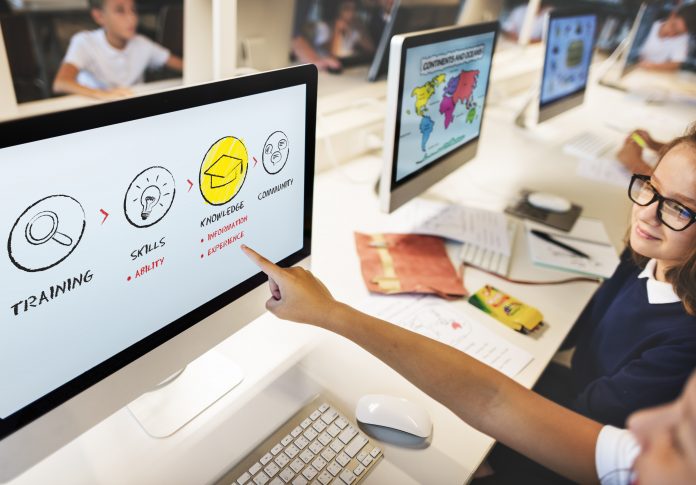Anthony Tattersall, Vice President EMEA at Coursera, discusses the joint responsibility of higher education institutions, governments and the business community alike to upskill the workforce
Over the next decade, the world of work faces a transition akin to the industrial revolution. The Office of National Statistics suggests that 1.5 million jobs could be displaced as automation profoundly disrupts the economy. The long-term effect of the COVID-19 pandemic is set to reshape the work we do, and how we do it.
Companies are aware of this, with 63% of executives saying that the pace of digitization in their company is accelerating. But according to McKinsey, 30.5 million UK workers (94% of today’s workforce in the UK) lack the full suite of skills they will require in 2030 to perform their jobs well.
The staggering scale of the challenge means that we need to look beyond conventional wisdom for solutions. Setting aside the pandemic’s near-term economic consequences, the moment represents an opportunity for businesses, higher education institutions and governments to jointly rebuild a modern skills development paradigm.
Early signs are promising. In 2020 alone, 340,000 employees gained access to Coursera and we saw a 450 per cent increase in enrollments on Coursera for Business. Investment in online learning is supporting employees to upskill and reskill at their own pace.
Coursera’s 2020 learner data in the country also shows uptake in crucial skills to the digital economy such as Python Programming, Machine Learning and Multi-Task Learning. Alongside this, enrollments for courses on advanced communication, leadership and management, such as Successful Negotiation: Essential Strategies and Skills from the University of Michigan, received over 400,000 enrollments in 2020 globally.
Education
Colleges and universities are also looking at better ways to prepare students for jobs of the future as unemployment hits an all-time high. Imperial College London is delivering labs remotely to prepare students with direct experience on STEM skills relevant to the workplace. The University of London has launched a short course in career-decision making which is open to everyone and covers topics like overcoming obstacles, goal setting and action planning. Whilst University College London and Manchester University are promoting virtual work experiences through platforms like Forage, offering programmes from companies such as JPMorgan and Deloitte. The aim is for students to gain an understanding of different job roles and sectors, in the absence of traditional internships.
Government
The Government is pioneering reforms of its own to boost skills and jobs, with a commitment to better internet provision, and through a Lifetime Skills Guarantee scheme for adults without an A-level. The UK government also appointed Sir Kevan Collins as “education recovery commissioner” to oversee how England’s schools can catch up from the disruption of the pandemic and has launched an extensive tutoring programme to support school pupils.
Through government actions, civil society and nonprofits, the adoption of programmes like the Workforce Recovery Initiative have helped advance the global skilling agenda too. For example, led by Sherry Coutu, Digital Boost, partnered with Coursera to help charities and small businesses in the UK fill the digital skills gap.
Ultimately, the growing collaboration among institutions is key to the skills development engine we need – one that prioritises both digital skills and the human factor and focuses on building a flexible, on-demand model of lifelong learning that we’re lacking.
Together, we can turn this time of uncertainty into a decade of progress.











